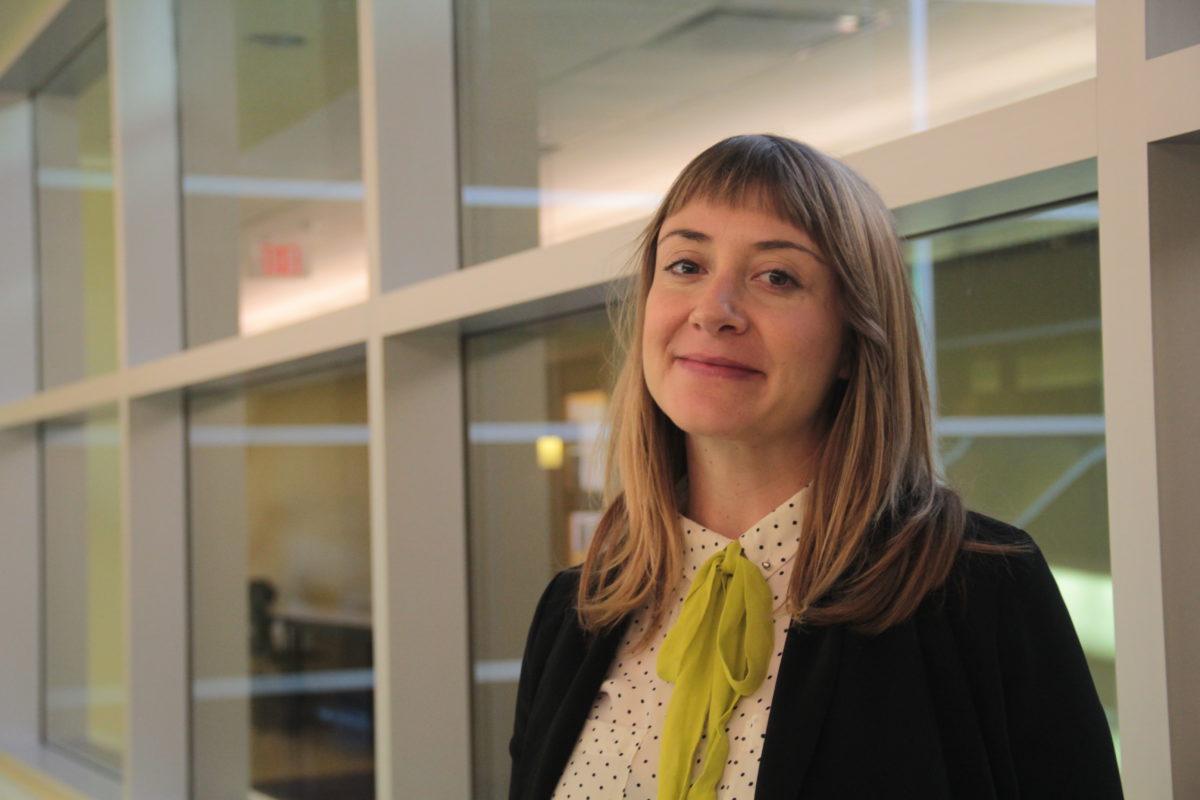
Farming has made a huge leap from the analog days of a horse and plow. Now, farmers are integrating smart phones and other technology into their daily routine.
With new technology comes new questions and St. Thomas University professor Kelly Bronson of the Science and Technology Studies department may be able to answer them with help of a Social Sciences and Humanities Research Council grant.
“I have this history of research looking at the application of novel technologies to the food system and the implication of those tools,” said Bronson. “Specifically, for relationships between farmers and agri-business, and the impact on really small scale organic farmers.”
She said her goal is to promote good decision-making in food systems that will not only support big farms and agri-businesses, but also smaller and local food systems.
“Lots of people have looked at the power of the Internet and digital tools to disrupt long-standing social relationships in other sectors, but very few or nobody is looking at this in agriculture,” said Bronson.
During her preliminary research, Bronson determined that social media, websites and smartphone application are just a few of the thousands of tools contemporary farmers are adopting into their work day.
The Monsanto Corporation, an agriculture company, has developed a smartphone application called Weed ID.
“If the farmer can’t identify a weed on their property, they use the app to send the information to Monsanto Corporation, and their in-house scientists will help the farmer identify the weed.”
Bronson is concerned with the cost of these new tools for farmers. She said traditionally for farmers to adopt the newest technology they become indebted to either banks or other suppliers, which makes it hard for them to advance.
Her research is going to look at why companies are developing these new tools, what the cost is to the farmer and what the companies are getting out of it.
“Why are they offering this app for free? Is it out of some benevolence that this corporation wants farmers to be able to identify weeds? Possibly,” said Bronson. “My suspicion is this is field research for Monsanto.”
She’s concerned that Monsanto or similar corporations may be using these applications as a way to crowdsource free information without having to employ their own agricultural research teams.
The first part of Bronson’s research will be expanding their knowledge further about the specific big data technologies that are being used and are available on the market.
Starting early in 2017, with the help of undergraduate and graduate students, Bronson said they will be conducting in-depth interviews with people in tech companies that are designing these tools and the farmers that are using them.
“My goal is that I’ll be able to tell a really fully fleshed out story about what’s going on with these tools in the food system.”
